2024-03-25
Circular Valley
Newsletter 1/2024
Newsletter 1/2024
JUNE 5, 2024:
TRAWEBA CONGRESS - ALTE GLASEREI, WUPPERTAL
NOVEMBER 15, 2024:
Circular Valley® Forum - STADTHALLE WUPPERTAL
TRAWEBA CONGRESS - ALTE GLASEREI, WUPPERTAL
NOVEMBER 15, 2024:
Circular Valley® Forum - STADTHALLE WUPPERTAL
Interview
The new networker in Circular Valley
Dr. Günter Poppen, who was Managing Director of Vorwerk-Elektrowerke from 2017 until the end of 2023, is now in charge of corporate cooperation for the circular economy. In this interview, he discusses his motivation and ways to unlock the potential of the circular economy.
- After a successful career in the industrial sector, why did you decide to focus on corporate cooperation in the circular economy?During my time as CEO, I was already deeply committed to sustainability issues - which includes the circular economy. In view of the visible and worryingly rapid changes in our environment, I personally consider this to be a very important task and would like to help solving this important issue. I want to make a difference!
- What is exciting about the circular economy?We are currently seeing great technological progress in this area. This gives us opportunities that we should use by putting this progress into practice.
- What strengths do you bring to the new role?My broad experience, of course, from years as manager in an outstanding company, but also a high level of goal orientation combined with a lot of motivation for the topic. I also have a very good network in various sectors of industry.
- How do you want to approach your task?In the same way as I have approached all my tasks so far: With a lot of energy and determination, but also with a very structured approach to achieve as much as possible.
- How important is the cooperation between large companies in the circular economy for you?Thanks to their power and market access, large companies have great leverage to change things. If smaller companies and startups provide the ideas and technology, the big players can ensure that these also reach the customer.
- What role will large companies play in the transformation to a genuine circular economy?It will only work with the big players! However, this is by no means an end in itself or pure altruism but rather offers more opportunities to the big corporations: how customers perceive the brand and also to meet the increasing regulatory requirements.
- From today's perspective, what does this transformation still need, or what is still missing?We need companies to connect across industry boundaries and, above all, have the courage to change: circular economy means breaking away from old processes and procedures and this affects all areas of the company - from basic research to sales.
Batch#6
Startups from four continents join Circular Valley
The Initiative for the Circular Economy is starting a new round of its funding program. It has selected young companies from all over the world to decisively advance their ideas in the wider Rhine-Ruhr region.
They develop alternative raw materials, invent chemical recycling processes and connect companies for a traceable value chain. And they come from Egypt, Chile, India and various European countries – the 15 startups that the Circular Valley Foundation has selected for the next round of its funding program. Starting in April, they will spend three months developing their business models in the Rhine-Ruhr region.
With the startups of the new round of funding, more than 100 startups were funded by Circular Valley so far. The initiative was founded in the summer of 2021 to create a Silicon Valley of the circular economy in the heart of Germany and Europe. That is why Circular Valley connects large companies and SMBs, shares knowledge with politics and research, informs civil society – and supports startups from all over the world.
During the funding program, the founders work with top-class coaches and mentors, visit numerous companies and network with local industry. The highlight of the funding program is the DemoDay on 28 May in Wuppertal. This is when the startups present their ideas to a large audience.
With the startups of the new round of funding, more than 100 startups were funded by Circular Valley so far. The initiative was founded in the summer of 2021 to create a Silicon Valley of the circular economy in the heart of Germany and Europe. That is why Circular Valley connects large companies and SMBs, shares knowledge with politics and research, informs civil society – and supports startups from all over the world.
During the funding program, the founders work with top-class coaches and mentors, visit numerous companies and network with local industry. The highlight of the funding program is the DemoDay on 28 May in Wuppertal. This is when the startups present their ideas to a large audience.
Emphasis of the new round of the funding program
Coordinating the value chain: Startups in this area help companies to get an overview of the entire value chain. They connect the individual players within the chain and raise it to a higher level than that of individual companies. The startups develop programs that enable companies to know what is in a product, where the materials are located or how they can be obtained.
Alternative raw materials and bioeconomy: The young companies in this sector are looking for alternative raw materials to replace materials extracted from the geosphere. This includes ideas from the bioeconomy as well as "raw materials" that are created through recycling. In the new round of the funding program, they focus on materials that are not or not optimally used.
New techniques for chemical recycling: If products consist of pure materials, mechanical recycling is usually the best way to recycle them. However, if many different materials are firmly mixed, these products are usually incinerated today. Chemical recycling is an alternative, but still requires significant progress to achieve a better ecological balance. Four of the selected startups have ideas for this - and, in view of the strong chemical industry in North Rhine-Westphalia, a real home game during the funding program.
Alternative raw materials and bioeconomy: The young companies in this sector are looking for alternative raw materials to replace materials extracted from the geosphere. This includes ideas from the bioeconomy as well as "raw materials" that are created through recycling. In the new round of the funding program, they focus on materials that are not or not optimally used.
New techniques for chemical recycling: If products consist of pure materials, mechanical recycling is usually the best way to recycle them. However, if many different materials are firmly mixed, these products are usually incinerated today. Chemical recycling is an alternative, but still requires significant progress to achieve a better ecological balance. Four of the selected startups have ideas for this - and, in view of the strong chemical industry in North Rhine-Westphalia, a real home game during the funding program.
The start-ups in the new funding round:
Coordinating the value chain
- Circulix
Germany - CL Circular
Spain - ContainerGrid
Germany - VCG.AI
Germany
Alternative raw materials and bioeconomy
- Agrona
Egypt
- CarbonCraft
India - Circular Structures
Germany - Flower Matter
Germany - Upcyde
Denmark
New technologies for chemical recycling
- Radical Dot
Germany - Sustanix Materialtech
Netherlands - T-phite
Chile - Blueplasma Power
Spain
Others
- Qaptis
Switzerland - Waste to Weath
Tanzania
For more details about the 15 startups please see: Batch#6
Transformation
German Government Backs Circular Economy
On January 23rd, Chancellor Olaf Scholz, Robert Habeck (Minister for Economic Affairs), Steffi Lemke (Minister for the Environment), and other representatives of the German Federal Government met with leaders from business, trade unions, associations, science, and civil society to discuss how to effectively advance the circular economy. Carsten Gerhardt, founder of Circular Valley participated in these important discussions as a Circular Economy expert.
It became evident that the Federal Government and the Chancellor himself attributed great importance to the Circular Economy. Scholz said: "The further modernization of Germany and the climate-neutral transformation of our economy remain key goals of the federal government. The aim is to achieve our climate protection goals and secure our prosperity at the same time."
This matches perfectly with Circular Valley's motto "Grow the Economy – Protect the Environment".
According to Scholz, the circular economy not only "offers the opportunity to become less dependent on the import of important raw materials", but also provides enormous potential for economic growth. He explained that studies suggest that, "a circular economy could generate around €12 billion in additional gross value added per year by 2030 and create new jobs".
He concluded:
This matches perfectly with Circular Valley's motto "Grow the Economy – Protect the Environment".
According to Scholz, the circular economy not only "offers the opportunity to become less dependent on the import of important raw materials", but also provides enormous potential for economic growth. He explained that studies suggest that, "a circular economy could generate around €12 billion in additional gross value added per year by 2030 and create new jobs".
He concluded:
Our goal is to become a global pioneer for circular technologies and products, e.g. in the field of batteries or construction. We are currently working on a national circular economy strategy that we will be launching very soon.
Olaf Scholz,
Chancellor of Germany
Olaf Scholz,
Chancellor of Germany
"Creating value in cycles"
CDU and the Adenauer Foundation very interested in Circular Economy
The CDU/CSU parliamentary group organized a congress on the topic of the circular economy. This brought politics and practice together in Berlin. Circular Valley later deepened the exchange with the Christian Democrats at the Adenauer Foundation.
Andreas Mucke, CEO of Circular Economy Accelerator GmbH
For once, party politics were irrelevant for Friedrich Merz. The CDU chairman spoke in the Bundestag to a group of 350 party members and their guests about the circular economy. Two things became apparent: the circular economy is much more than recycling and waste disposal. And unlike the usual approach in Berlin, this is not an issue for people to think in terms of legislative periods but to view it as a long-term challenge.
Andreas Mucke, CEO of Circular Economy Accelerator GmbH, had already noticed parallels with the initiative from the wider Rhine-Ruhr region when he was invited to the congress.
Andreas Mucke, CEO of Circular Economy Accelerator GmbH, had already noticed parallels with the initiative from the wider Rhine-Ruhr region when he was invited to the congress.
Both emphasize the interaction between business and nature conservation. "Creating value in cycles - for ecological and economic success" was the title of the CDU/CSU congress, while "Grow the Economy - Protect the Environment" is the motto of Circular Valley.
Young and established companies covered major parts of the congress' program. They gave an overview of what is already routine in the cement industry as well as in the development of batteries. The audience also learned what has been missing so far: ideas and opportunities are there, but there is still no suitable legal framework. One example is chemical recycling. It is not yet counted towards companies' recycling quotas, which makes it unattractive for many businesses. People would want a framework of standards to work with - preferably at EU level.
The importance of the topic and the meeting became clear once the official program was over. Many of the guests stayed for a long time, visiting the stands of the participating companies to ask for more information. The former Federal Minister of Health, Jens Spahn, was one of the hosts and drew the following conclusion: "A strong circular economy is good for the economy, good for the environment and reduces our dependence on raw material purchases from abroad. Raw material security is a mega issue of today and in the future."
The Christian Democrats also discussed the circular economy at another meeting in NRW. The party-affiliated Konrad Adenauer Foundation addressed the question of how to "get away from throwing things away". Representatives of Circular Valley, Teqport and Covestro provided the audience with practical examples: An unknown number of old cell phones no longer used in German households contain valuable materials that could be recycled to build any number of new devices without buying new raw material. The situation is similar with mattresses, approximately seven million of which are sold every year.
After the presentations, the audience made intensive use of the Q&A sessions, thus confirming an important prerequisite for the transformation to a circular economy: consumer needs and demand are crucial.
Young and established companies covered major parts of the congress' program. They gave an overview of what is already routine in the cement industry as well as in the development of batteries. The audience also learned what has been missing so far: ideas and opportunities are there, but there is still no suitable legal framework. One example is chemical recycling. It is not yet counted towards companies' recycling quotas, which makes it unattractive for many businesses. People would want a framework of standards to work with - preferably at EU level.
The importance of the topic and the meeting became clear once the official program was over. Many of the guests stayed for a long time, visiting the stands of the participating companies to ask for more information. The former Federal Minister of Health, Jens Spahn, was one of the hosts and drew the following conclusion: "A strong circular economy is good for the economy, good for the environment and reduces our dependence on raw material purchases from abroad. Raw material security is a mega issue of today and in the future."
The Christian Democrats also discussed the circular economy at another meeting in NRW. The party-affiliated Konrad Adenauer Foundation addressed the question of how to "get away from throwing things away". Representatives of Circular Valley, Teqport and Covestro provided the audience with practical examples: An unknown number of old cell phones no longer used in German households contain valuable materials that could be recycled to build any number of new devices without buying new raw material. The situation is similar with mattresses, approximately seven million of which are sold every year.
After the presentations, the audience made intensive use of the Q&A sessions, thus confirming an important prerequisite for the transformation to a circular economy: consumer needs and demand are crucial.
Lecture
Circular plastic would only cost a few extra cents
Thomas Müller-Kirschbaum, Chief Scientist of Circular Valley, explained in a lecture at the Kunststoff-Institut what the path to a climate-positive circular economy looks like - and conducted a much-noticed thought experiment.
Companies, institutes, and research facilities spent two days discussing sustainable materials in February. The Kunststoff-Institut Lüdenscheid had invited Prof. Dr. Thomas Müller-Kirschbaum to give the opening lecture.
The chief scientist of Circular Valley explained what a completely closed plastics cycle would look like and what it would cost. The thought experiment with realistic parameters came to an astonishing conclusion: a 100-gram plastic bottle would only cost five cents more if it was completely made from recycled plastic.
The chief scientist of Circular Valley explained what a completely closed plastics cycle would look like and what it would cost. The thought experiment with realistic parameters came to an astonishing conclusion: a 100-gram plastic bottle would only cost five cents more if it was completely made from recycled plastic.
Thomas Müller-Kirschbaum is the chief scientist of Circular Valley.
Source: Fraunhofer IAP
The first important message of the presentation was "There is no alternative to the circular economy". This view was shared by the audience - as was the question "How can it be promoted?".
Müller-Kirschbaum explained five steps and techniques needed to achieve this:
- 1The carbon bound in the plastics must be kept in the cycle as completely as possible - even with multiple cycles.
- 2No virgin materials from fossil sources may enter the cycle.
- 3Plastic qualities at the level of virgin material may come only from renewable sources i.e. techno sphere, biosphere, or atmosphere.
- 4Unavoidable process losses and volume growth must be supplemented by plastics from renewable sources.
- 5Only renewable energies may be used.
One image illustrated the journey and the destination: the staircase elevator model. Each step down the stairs stands for the constant loss of quality of a product during mechanical recycling, the elevator for the way back up to a new quality. This elevator ride makes chemical recycling possible. Plastics from renewable sources must also be used to compensate for losses.
When this is technically feasible, it must also be affordable. The Circular Valley chief scientist calculated the costs for the year 2035 and the target of at least 50 percent lower CO2 emissions. The difference is five cents compared to today's cost level and no more expensive than a scenario with only 30 percent plastics in the cycle. "Yes, it costs a little more than today. But doing nothing will not be cheaper," said Müller-Kirschbaum.
At the end of his speech, he recommended making products comparable in terms of their recyclability by creating an index showing which recycled materials a product contains. The label should be just as easy to understand as todays energy label or the Nutri-Score for food. When customers recognize the circular class of a product and include it in their purchasing decision, this would be a major boost - for both the circular economy and the importance of sustainable materials.
When this is technically feasible, it must also be affordable. The Circular Valley chief scientist calculated the costs for the year 2035 and the target of at least 50 percent lower CO2 emissions. The difference is five cents compared to today's cost level and no more expensive than a scenario with only 30 percent plastics in the cycle. "Yes, it costs a little more than today. But doing nothing will not be cheaper," said Müller-Kirschbaum.
At the end of his speech, he recommended making products comparable in terms of their recyclability by creating an index showing which recycled materials a product contains. The label should be just as easy to understand as todays energy label or the Nutri-Score for food. When customers recognize the circular class of a product and include it in their purchasing decision, this would be a major boost - for both the circular economy and the importance of sustainable materials.
Cooperations
Cross-border cooperation is picking up the pace
At the Circular Valley Forum, NRW and Flanders signed an agreement of cooperation in the circular economy. During the Belgian council presidency, the two countries are now deepening their cooperation on a European level.
Jan Jambon had expected an effect - and is now proven correct by new developments. At the signing of the Memorandum of Understanding between North Rhine-Westphalia and Flanders, the Flemish Minister President said at the Circular Valley Forum: "It is of invaluable importance that we are now joining forces." NRW and Flanders would turn into the center of the European circular economy and would be cooperating in closing the material cycles "as much as possible".
Regarding Belgium's EU council presidency in 2024, Jambon already declared back in November that the circular economy would be an important topic. This was demonstrated at the Interreg networking event, jointly organized by the NRW Ministry of Economic Affairs and the Flemish Agency for Innovation and Entrepreneurship in Brussels. The lectures showed how much progress has already been made in the circular economy and that there are many role models on the ground. These include cooperations in water management and waste disposal as well as Circular Valley and its international network.
One important conclusion of the meeting: there are suitable partners and therefore good prospects of turning political decisions into valuable practice. Reunions and continuation are already certain. Flanders has invited the participants to a circular economy conference in mid-April.
Regarding Belgium's EU council presidency in 2024, Jambon already declared back in November that the circular economy would be an important topic. This was demonstrated at the Interreg networking event, jointly organized by the NRW Ministry of Economic Affairs and the Flemish Agency for Innovation and Entrepreneurship in Brussels. The lectures showed how much progress has already been made in the circular economy and that there are many role models on the ground. These include cooperations in water management and waste disposal as well as Circular Valley and its international network.
One important conclusion of the meeting: there are suitable partners and therefore good prospects of turning political decisions into valuable practice. Reunions and continuation are already certain. Flanders has invited the participants to a circular economy conference in mid-April.
Cooperations
Impetus for the Düsseldorf Klimapakt
The state capital regularly provides its climate protection partners with ideas on how to reduce emissions. At the most recent meeting, these came from Circular Valley and its network.
Three years ago, the city of Düsseldorf signed a pact for climate protection with the Chamber of Industry and Commerce, the District Crafts Association and the Chamber of Crafts. Companies that join the pact agree to reduce greenhouse gases and anchor this goal in their company strategy. The city supports them with a branch office and regular meetings. The most recent meeting was dedicated to the topic of the circular economy.
Circular Valley was involved with several presentations and Q&A sessions. Andreas Mucke, CEO of Circular Economy Accelerator GmbH, kicked off the event by informing about the initiative in the extended Rhine-Ruhr region. His speech was followed by three practical examples. Marc Diefenbach, Peter Muth and Dr. Prateek Mahalwar from the Circular Valley startups Rhinopaq, Green Ocean and Bioweg gave insights into their companies. Finally, Stas Voytolovsky from the startup Janado spoke about the topic of refurbished electronics.
Circular Valley was involved with several presentations and Q&A sessions. Andreas Mucke, CEO of Circular Economy Accelerator GmbH, kicked off the event by informing about the initiative in the extended Rhine-Ruhr region. His speech was followed by three practical examples. Marc Diefenbach, Peter Muth and Dr. Prateek Mahalwar from the Circular Valley startups Rhinopaq, Green Ocean and Bioweg gave insights into their companies. Finally, Stas Voytolovsky from the startup Janado spoke about the topic of refurbished electronics.
Partner talk
Partner Talk on Evaluation of Corporate Sustainability
Four times a year, representatives of Circular Valley partner companies and institutions meet at Partner Talk events to discuss topics related to the circular economy with experts in a confidential setting.
On February 29, it was all about the topic of evaluating corporate sustainability and how social and environmental impacts can be measured.
It was a topic that generated a great deal of interest among the more than 30 participants. It became apparent that many companies are concerned and are aware of its importance, but that there is still some uncertainty. For example, companies are well beyond simply declaring that they want to become more sustainable, however, but the legislative requirements tend to be very abstract.
It was a topic that generated a great deal of interest among the more than 30 participants. It became apparent that many companies are concerned and are aware of its importance, but that there is still some uncertainty. For example, companies are well beyond simply declaring that they want to become more sustainable, however, but the legislative requirements tend to be very abstract.
Martin Viehöver, founder and Managing Director of Positive Impacts GmbH, explained how sustainability can be measured at the Circular Valley partner talk.
Source: Jan Turek / Circular Valley
In his presentation, Martin Viehöver, founder and CEO of Positive Impacts GmbH, addressed the question of how sustainability can be measured and holistically evaluated along the entire value chain. He presented an innovative model for determining overall social impact using 14 key performance indicators (KPIs) in accordance with the new European ESG regulation (Environmental, Social and Governance).
Viehöver explained that the Positive Impacts approach is about answering four questions (Where are you today? Where do you want to go? How do you get there? What impacts do you create along the way?) in order to develop individual strategies and concepts for companies to improve transparency and encourage greater sustainability.
After listening with great interest, the participants asked numerous questions and discussed the complex model in detail. At the end of the event, there was an opportunity to discuss this and other topics further over drinks and snacks, as well as to meet old contacts and make new ones.
Viehöver explained that the Positive Impacts approach is about answering four questions (Where are you today? Where do you want to go? How do you get there? What impacts do you create along the way?) in order to develop individual strategies and concepts for companies to improve transparency and encourage greater sustainability.
After listening with great interest, the participants asked numerous questions and discussed the complex model in detail. At the end of the event, there was an opportunity to discuss this and other topics further over drinks and snacks, as well as to meet old contacts and make new ones.
The next Partner Talk will take place on June 6.
Success Story
Triple honor for startup from Colombia
The team behind the Colombian startup Gescol has had a lot to celebrate in recent weeks: the successful participation in an international TV show, a prize at a Latin American business competition, and a return to Germany. As part of this, Gescol will also be returning to Circular Valley.
In the summer of 2022, Gescol was on stage at Circular Valley's DemoDay and presented how building materials can be made from shoe soles. The business model has remained the same to this day, but the stages have changed: Currently, for example, the Latin American TV station "E!" is providing a platform.
1
"Escuela Imparables", a reality show for female entrepreneurs
Founder Neylla Marcela Avila Florez was selected to take part in the third season of "Escuela Imparables", a reality show for female entrepreneurs. Since the end of January, she has been one of 15 women from Mexico, Costa Rica, Venezuela and Colombia competing for a prize of 20,000 US dollars in Mexico City. The twelve episodes focus on marketing, finance, business management, raising capital and social responsibility.
The final winner will not be revealed on the channel before the end of April, but the participation so far has already been a great success: Neylla has won several competitions. And she is the only representative of a circular economy startup showing a large audience that economic and environmental goals can be imagined and achieved together.
2
Latin American Impact Investing Forum
One award has already been won by the team around Neylla and co-founder Juan Guillermo Rios Londoño. At the Latin American Impact Investing Forum (FLII) in Mexico, the startup took second place in the "Premios Ignite Awards" in the "Connect with Nature" category for sustainable entrepreneurship - in competition with other companies from all over Latin America.
3
Start.up! Germany Tour
Gescol was also successful in the preliminary round of the "Start.up! Germany Tour": the team won the regional competition for North, Central and South America and thus secured a ticket to Germany. Gescol will be one of 15 startups from around the world traveling to Germany in April to network with local companies. The grand finale of the tour will take place in Düsseldorf on April 23, 2024 – and will be a return to a stage in Germany.
Neylla is already looking forward to this return to Circular Valley, as she enjoys looking back on her time there: "Without our stay in Circular Valley and the contacts we made, we wouldn't have made it this far. For example, we got to know Ralf Putsch, Managing Partner of Knipex, through the program. We are delighted that he believed in us and are very grateful to him for his support."
Success Story
Successful crowdfunding for bio-based polystyrene alternative
"An entire truckload of polystyrene is being produced every minute in Europe for packaging purposes alone," explains Henning Tschunt, co-founder of PROSERVATION, a startup that was part of the first batch of the Circular Economy Accelerator program in the summer of 2021. He believes:
It is irrational to use a fossil-based material as transport packaging that has a significant environmental impact even though it is used only for a short time.
Henning Tschunt,
Co-founder of PROSERVATION
Henning Tschunt,
Co-founder of PROSERVATION
The PROSERVATION team impressed at Circular Valley with an innovative alternative, a shock-absorbing cushioning material for transport packaging made from plant waste of the grain industry (grain husks). This excitement has since spread even further, last seen in the bio-economy startup's recent seed financing round.
To further develop and automate the production processes for the material, known as "RECOU", and thus increase production capacity, the decision was made to launch a crowd-investing campaign at the end of January. The response was overwhelming: the target amount of €500,000 was raised within just 20 days, although the campaign was scheduled to run for two months. More than 80 percent of the money was collected after just two weeks. Ultimately, this means that numerous people believe in the company's growth potential so much that they want to invest their money in PROSERVATION - also considering stricter regulations and increasing demand for sustainable packaging materials.
In this context, Henning Tschunt also appreciates the support his company received from the Circular Economy Accelerator in its early stages: "We look back on our time in Circular Valley with gratitude. We not only had our first pitch on a big stage at DemoDay, but also received plenty of input in terms of business model and company development," he recalls. The team is also very "happy about the good relations with the Circular Valley team and the other startups."
But above all, PROSERVATION is looking ahead: Due to the great interest in the financing campaign, the Stuttgart-based startup has extended the official funding limit of the campaign, which is still running on the platform Econeers until March 23, to €650,000 to give even more people the opportunity to invest. The next step will be the commissioning of the already designed demo industrial plant and the expansion of marketing and sales activities in order to replace even more plastic with grain husks in the future.
To further develop and automate the production processes for the material, known as "RECOU", and thus increase production capacity, the decision was made to launch a crowd-investing campaign at the end of January. The response was overwhelming: the target amount of €500,000 was raised within just 20 days, although the campaign was scheduled to run for two months. More than 80 percent of the money was collected after just two weeks. Ultimately, this means that numerous people believe in the company's growth potential so much that they want to invest their money in PROSERVATION - also considering stricter regulations and increasing demand for sustainable packaging materials.
In this context, Henning Tschunt also appreciates the support his company received from the Circular Economy Accelerator in its early stages: "We look back on our time in Circular Valley with gratitude. We not only had our first pitch on a big stage at DemoDay, but also received plenty of input in terms of business model and company development," he recalls. The team is also very "happy about the good relations with the Circular Valley team and the other startups."
But above all, PROSERVATION is looking ahead: Due to the great interest in the financing campaign, the Stuttgart-based startup has extended the official funding limit of the campaign, which is still running on the platform Econeers until March 23, to €650,000 to give even more people the opportunity to invest. The next step will be the commissioning of the already designed demo industrial plant and the expansion of marketing and sales activities in order to replace even more plastic with grain husks in the future.
Podcast
Two podcast episodes
The "Management meets Mindfulness" series invited Andreas Mucke for an interview. The conversation was so intense that one podcast episode was not enough in the end.
In his podcast, Philipp Ketteler shares tips and information on management, marketing, leadership and employer branding as well as on mindfulness. This is why the series is called "Management meets Mindfulness". Ketteler has produced more than 120 episodes and has now experienced something special: his interview with Andreas Mucke, CEO of Circular Economy Accelerator GmbH, had so many facets that the conversation was published in two episodes.
In the first episode, they discuss the basics: What is the circular economy? What do we all have to do with it? What opportunities have been made possible by Circular Valley and why is recycling only a small part of the cycle?
In his podcast, Philipp Ketteler shares tips and information on management, marketing, leadership and employer branding as well as on mindfulness. This is why the series is called "Management meets Mindfulness". Ketteler has produced more than 120 episodes and has now experienced something special: his interview with Andreas Mucke, CEO of Circular Economy Accelerator GmbH, had so many facets that the conversation was published in two episodes.
In the first episode, they discuss the basics: What is the circular economy? What do we all have to do with it? What opportunities have been made possible by Circular Valley and why is recycling only a small part of the cycle?
The logo of the podcast "Management meets Mindfulness".
Source: Philipp Ketteler
The episode offers ideas that gives us a positive outlook for the future.
Philipp Ketteler,
the presenter of the "Management meets Mindfulness"
Philipp Ketteler,
the presenter of the "Management meets Mindfulness"
In the second episode, they deal with emissions and the question of how sensible it actually is to replace or keep (old) appliances to lower CO2 emissions and energy consumption. Mucke also explains how Circular Valley connects startups, corporations and politicians to work together for a more efficient and more sustainable future.
Education
A visit from Heilbronn
A group of students from Heilbronn University of Applied Sciences recently made the long journey from the state of Baden-Württemberg to North Rhine-Westphalia, to see first-hand what Circular Valley is about.
Their Professor Dr. Mark Brewer explained how he became aware of Circular Valley and why he decided to organize this excursion: "I was looking online for something very practical that I could combine with my lecture. I worked in practice before, and think the university approach is sometimes very theoretical. At Heilbronn, we try to include practical education as well. I was looking for something here in the region. Circular Valley is a bit further away from Heilbronn, but it was the most exciting thing I could find within a 4-hour commute."
The trip allowed the group to hear from Andreas Mucke and Ljubitza Happe why Circular Valley was created and why the Rhine-Ruhr region is the ideal location for this global hotspot for the circular economy. They learned about Circular Valley's activities, with a particular focus on the Circular Economy Accelerator Program. This was highlighted by firsthand perspectives of representatives of two startups, Polycare and Space Era Germany, which have completed this program. They spoke about their respective companies and went into detail about the work of startups.
The students, who are attending a seminar on "corporate sustainability in the global context" with a focus on the circular economy, showed great interest in what they were hearing and asked numerous questions.
Professor Brewer emphasized at the end of the event that the trip had been worthwhile for the students: "What was so exciting today was the opportunity to see your work in practice and how it affects society. It has strengthened our theoretical foundations. And it has inspired us because it has shown what we can do in the future."
It will certainly not have been the last time a group from Heilbronn visited Circular Valley.
The trip allowed the group to hear from Andreas Mucke and Ljubitza Happe why Circular Valley was created and why the Rhine-Ruhr region is the ideal location for this global hotspot for the circular economy. They learned about Circular Valley's activities, with a particular focus on the Circular Economy Accelerator Program. This was highlighted by firsthand perspectives of representatives of two startups, Polycare and Space Era Germany, which have completed this program. They spoke about their respective companies and went into detail about the work of startups.
The students, who are attending a seminar on "corporate sustainability in the global context" with a focus on the circular economy, showed great interest in what they were hearing and asked numerous questions.
Professor Brewer emphasized at the end of the event that the trip had been worthwhile for the students: "What was so exciting today was the opportunity to see your work in practice and how it affects society. It has strengthened our theoretical foundations. And it has inspired us because it has shown what we can do in the future."
It will certainly not have been the last time a group from Heilbronn visited Circular Valley.
2024
Save the date
June 5, 2024
Alte Glaserei, Wuppertal
Alte Glaserei, Wuppertal
TraWeBa Congress
Are you interested in innovative battery technologies, battery life extension and battery recycling? Then join us at the first national TraWeBa Congress on June 5, 2024 at Alte Glaserei in Wuppertal.
https://traweba.de/
https://traweba.de/
November 15, 2024
Stadthalle Wuppertal
Stadthalle Wuppertal
Circular Valley® Forum
The Forum is the major conference for circular economy in Germany and brings together more than 1,000 guests from business, politics, science and civil society. Together, the guests exchange views on the progress of the transition to a circular economy, they discuss solutions to current challenges and learn about new business ideas.

